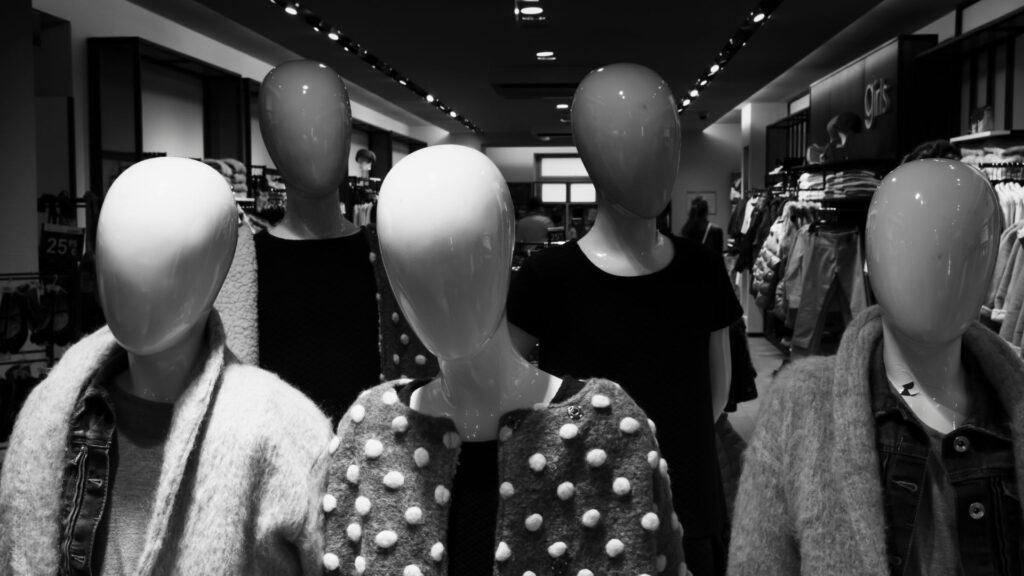The European Union is taking a bold step against greenwashing in the fashion industry with a new Greenwashing Directive included in the European Green Deal. The EU’s Directive is more than a regulatory measure; it’s a call to action for the fashion industry to align its practices with the decarbonization goals that the EU is pursuing. It encourages brands to rethink their climate impact, from production to promotion, and to engage in a more transparent dialogue with their customers. Set to reshape the industry by mid-2026, this Directive not only targets greenwashing but also heralds a new era of consumer empowerment. It demands that fashion brands align their marketing with consistent sustainability efforts, ensuring that claims of green practices are not just statements with little or no content, but a real change in business models.
The Heart of the Directive: Defining and Regulating Environmental Claims
At its core, the Directive takes a firm stance on “generic environmental claims” – those broad statements made across various media, lacking specific substantiation right where the claim is made. Phrases like “biodegradable” or “eco-friendly” will now face rigorous scrutiny unless accompanied by precise, verifiable information. For instance, a claim that packaging is “biodegradable within one month in home composting” is considered specific and thus acceptable under the new regulations.
Sustainability Labels: Beyond Environmental Aspects
The Directive also casts a spotlight on “sustainability labels”, expanding their scope to include not just environmental, but social characteristics as well. This move underscores a holistic approach to sustainability, recognizing that true environmental stewardship goes hand in hand with social responsibility. Labels must now be backed by a certification scheme or established by public authorities, ensuring their credibility and relevance.
Blacklisted Practices: A Clear Boundary Against Misleading Claims
One of the Directive’s most potent tools against greenwashing is the introduction of a “blacklist” of business practices deemed unfair under all circumstances. This includes the use of sustainability labels not based on solid certification schemes or those developed by companies without third-party verification. The Directive makes it clear: to wear the mantle of sustainability, one must bear the weight of proof.
Stricter Regulations on Greenhouse Gas Claims
In an era where carbon footprints are moving to be as much a part of product descriptions as sizes and colors, the Directive tightens the noose on claims related to greenhouse gas emissions. Statements like “climate neutral” or “CO2 neutral certified” are now permissible only if they refer to actual effects on the product’s life cycle, not just offsetting measures outside the product’s value chain.
A Timeline for Transition
The Directive sets a timeline for its implementation, with member states given 24 months to incorporate it into national law, followed by a six-month grace period for companies to comply. By mid-2026, the fashion industry must align with these new standards, marking a significant milestone in the journey towards genuine sustainability.
The Directive’s Impact on the Fashion Industry
For the fashion industry, this Directive is not just a regulatory hurdle but an opportunity to redefine its relationship with sustainability with the aim to remain competitive. Brands are now compelled to ensure that their environmental claims are not only accurate but also meaningful. This push towards transparency is expected to foster a deeper trust between consumers and brands, paving the way for more sustainable consumption practices.
In conclusion, the European Union’s Greenwashing Directive is a bold step forward in the fight against greenwashing in the fashion industry. By setting clear, enforceable standards for environmental claims and sustainability labels, it challenges brands to live up to their green promises, ensuring that the future of fashion is not just stylish, but sustainably so. For advice on how the Green Initiative can help your company address the new Directive to develop its competitive advantage, please contact us.
Written by Alexandra Goodman from the Green Initiative team.




